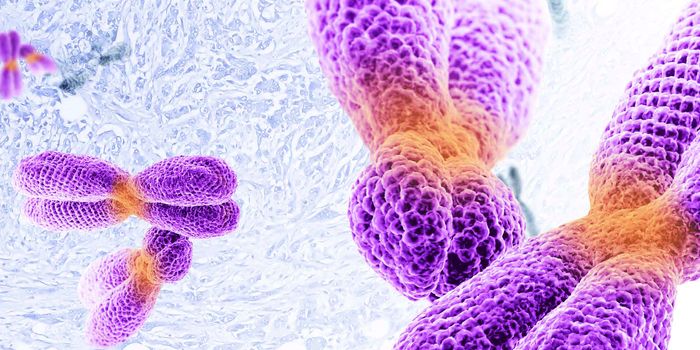New Combination Therapy Effective in Hormone Sensitive Prostate Cancer
Like all cancers, prostate cancer has many classifications and subtypes. One such type is metastatic, hormone-sensitive prostate cancer (mHSPC). Standard of care for patients with mHSPC includes androgen-deprivation therapy (ADT). Since prostate cancer growth is fueled by male sex hormones, collectively known as androgens, hindering their production or preventing them from reaching cancer cells can slow tumor progression. In addition to ADT, the treatment regimen for mHSPC patients includes either docetaxel, a taxane-based chemotherapy, or androgen receptor antagonists, also referred to as anti-androgens or androgen receptor blockers, which block androgens from binding the cancer cell. A class of anti-androgen drugs is known as “next-generation” androgen receptor pathway inhibitors include FDA-approved drugs darlutamide, abiraterone, enzalutamide, apalutamide.
Notably, recent phase 3 clinical trials have shown that several drugs can provide a survival benefit for mHSPC. The combination of ADT with chemotherapy docetaxel extends survival. Similarly, separate clinical trials have investigated the next-generation androgen receptor pathway inhibitors, and each (darolutamide, abiraterone, enzalutamide, apalutamide) improved the efficacy of ADT alone.
Recently, a group of investigators explored whether a triple combination regimen of docetaxel, ADT, and an androgen receptor pathway inhibitor could provide added efficacy. Their findings were published in the New England Journal of Medicine. The study was named “Addition to Standard ADT and Docetaxel in Metastatic Castration Sensitive Prostate Cancer” (ARASENS; NCT02799602). ARASENS is an international, phase 3 trial in which mHSPC patients were randomized to receive ADT and docetaxel plus darolutamide (N=651) or ADT and docetaxel plus placebo (N=655).
At the time of analysis, the study enrolled 1306 mHSPC patients (control group- N=655, darolutamide group- N=651). The researchers found the risk of death 32.5% lower for patients in the darolutamide group than the placebo group. Side effects were similar in the two groups indicating that the combination of three therapies did not increase the toxicity of the regimen.
Overall, the large clinical trial, involving almost 300 international hospital sites, demonstrated that mHSPC patients benefit from adding darolutamide to standard treatment consisting of docetaxel and ADT. This clinical combination appears to be a life-extending therapy that could significantly improve survivorship for mHSPC patients. Additionally, exploring this combination in other subsets of prostate cancer could extend the use of its therapeutic potential.
Sources: Oncol Ther, Drugs Aging, Annal Oncol, N Eng J Med, Lancet Oncol, N Eng J Med, J Clin Oncol, N Eng J Med









